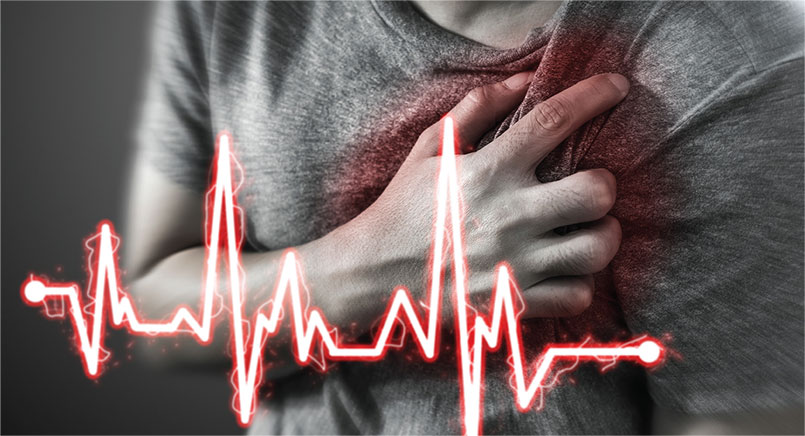Inflammation in the body is generally detrimental but only recently has its role in heart disease become more apparent. Infections such as scarlet fever and step throat are known to damage heart valves and cause rheumatic heart disease. Bacteria in the blood stream often from poor dental care can infect the valves and cause endocarditis.
Other infections such as syphilis damage the aorta. Connective tissue disorders such as lupus and scleroderma also affect the valves while Lyme disease impacts the electrical pathways of the heart. Antibiotics and early detection are needed to treat these conditions.
Heart attacks however, occur when a plaque in the coronary arteries burst and clot forms on the ruptured surface to occlude the entire vessel. Think of a plaque as a soft pimple ready to burst. Two factors contribute to plaque rupture. The first is sudden surges in blood pressure (mental stress, over exertion, medication noncompliance, physical stress).
The second is any ongoing inflammation (chronic illness, arthritis, diabetes, periodontitis and unhealthy oxidizing foods)Detecting inflammation in the body can be done in many ways. Many blood tests are markers of inflammation but the best studied of these is high sensitivity Creactive protein (hsCRP). Individuals with elevated hsCRP are at higher risk for a future heart attack. Medications such as aspirin and statins lower hsCRP and have been shown to reduce heart attacks, stroke and death.
Not all non-inflammatory drugs protect the heart. In fact many do the opposite. Chronic use of steroids increases heart attacks by accelerating plaque growth. Common over the counter drugs such as ibruprofen and naproxen also increase the risk for heart attacks, heart failure and hypertension. While COX-2 inhibitors like celecoxib (Celebrex) are safer they do not protect the heart.
Acetominophen (Tylenol) is safe for the heart but unlike aspirin it provides no benefit. Large scale studies are underway at centers like ours, to look at other agents such as methotrexate (a drug normally used in the treatment of rheumatoid arthritis) to see if they can protect the heart by reducing overall inflammation in the body.There are many non-pharmacological ways to reduce inflammation in the body.
Daily moderate levels of exercise reduces hsCRP. Weight loss, especially if it reduces abdominal girth will decrease inflammation in part by reducing joint stress and the development of diabetes. Many foods contribute to inflammation by increasing oxidative stress. These tend to be diets rich in red meat and saturated fats.
While consuming antioxidant supplements have shown little value, eating foods rich in antioxidants are consistently beneficial. Incorporate all types of berries, grapes, citrus fruits, kale, spinach, broccoli, pecans,other nuts, green tea, various herbs and spices into your diet. Not only will you be healing your heart but also reducing your risk for arthritis, dementia, and cancer.


